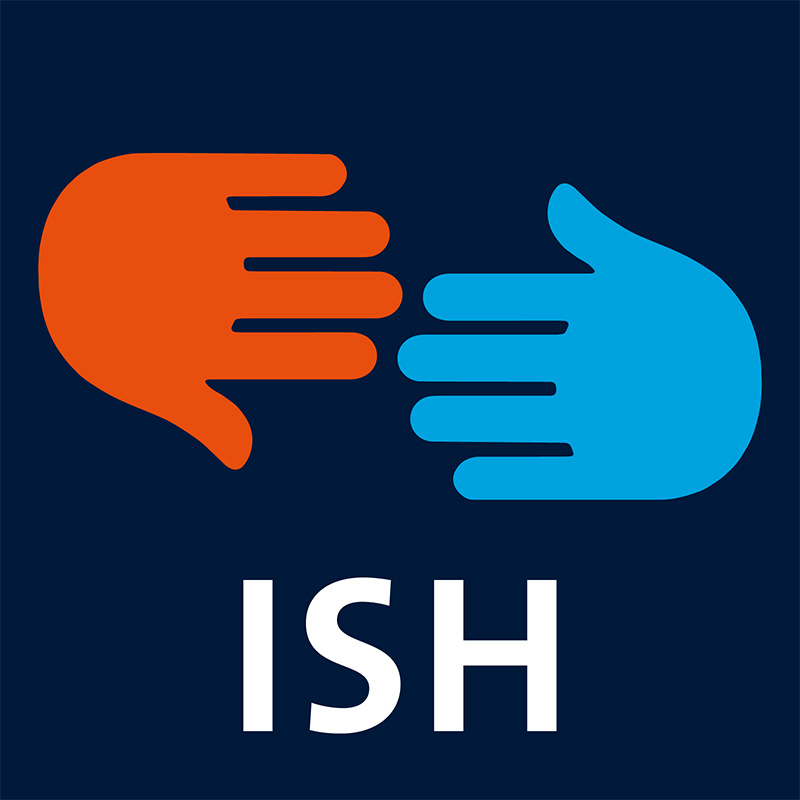Here, we’ll explain everything you need to know about afvalstoffenheffing, or the waste collection levy.
The BsGW
The Belastingsamenwerking Gemeenten en Waterschappen (BsGW) is the Councils and Water Boards Tax Collaboration and is responsible for levying and collecting all local taxes on behalf of the municipal councils and water boards.
What is afvalstoffenheffing?
The municipality collects and processes waste at least once a week. Even if you do not use the municipal collection service, once a year every household in Maastricht will be asked to pay municipal taxes by the BsGW. These taxes are put toward the house’s sewage system and trash collection.
Who receives the tax bill? And when?
The bill is usually sent to the person that has been registered at the house’s address for the longest; nevertheless it should be paid equally by all residents of the property.
The bills are usually sent out in the last week of February or the first week of March of the year for which the bill is being paid. If you are registered with MijnOverheid, you will receive the assessment notice digitally in your MijnOverheid message box.
Can I object to the amount I am being taxed?
No objection is possible against the level of the tax rates. These rates are set by the municipal council in regulations and no objection can be lodged. If you nevertheless submit an objection, the BsGW will declare that objection inadmissible.
Applying for a remission (kwijtschelding)
It is possible to get a remission, or tax exemption, from the municipality taxes. Find out more here.
Aaaaaand this concludes our finance section, thanks for reading! Before you go, you might be interested in learning about health insurance, bikes or recycling and garbage disposal in the Netherlands. If not, until next time!

